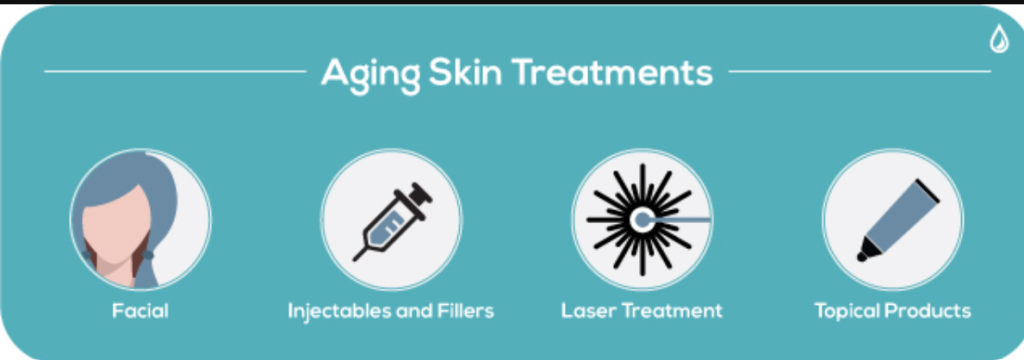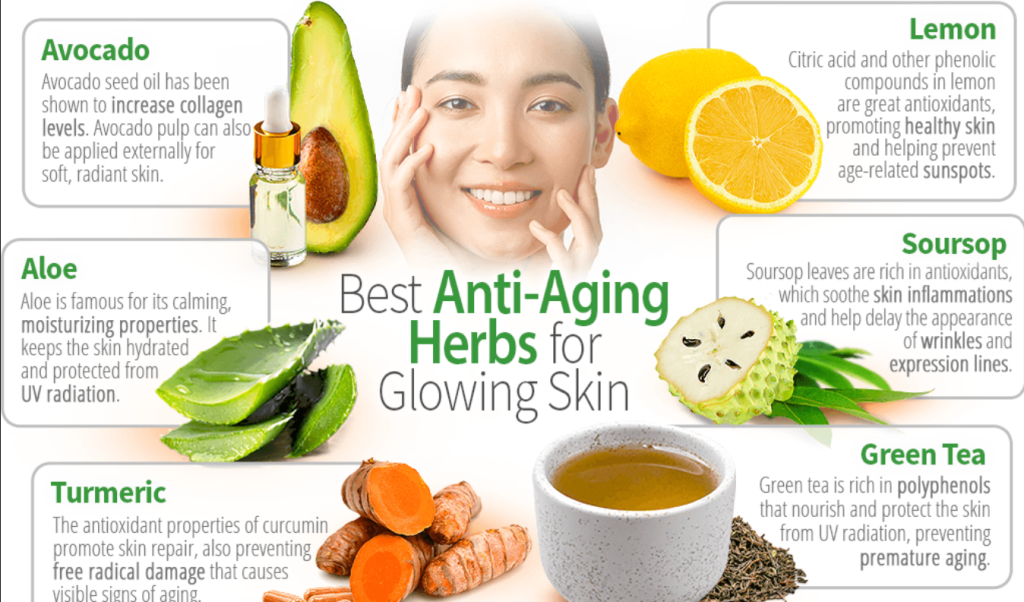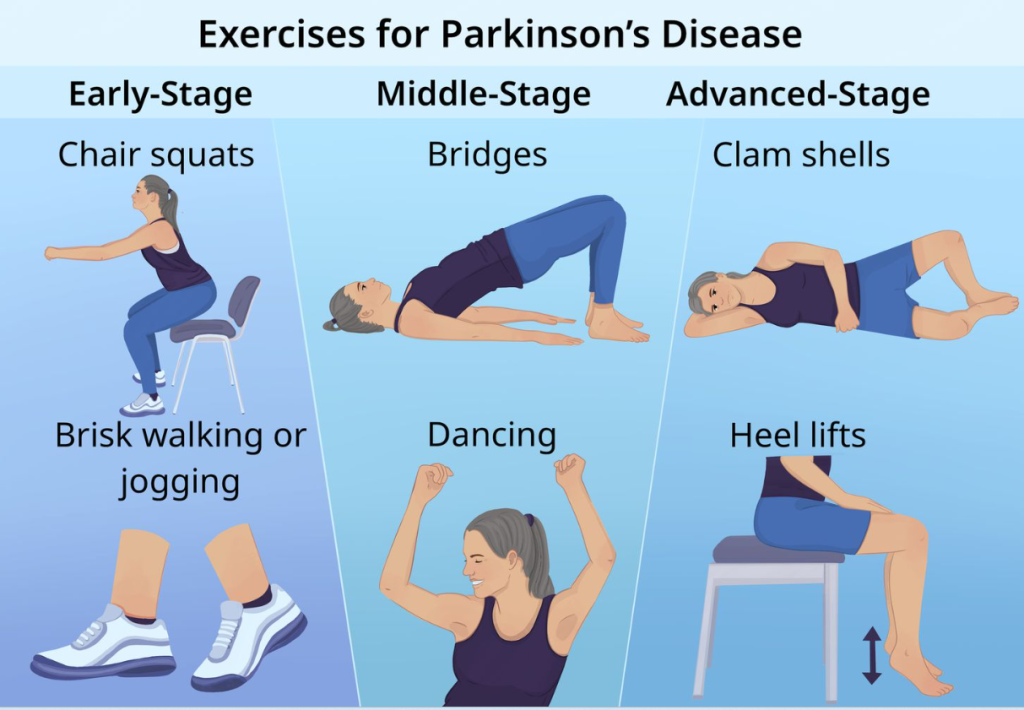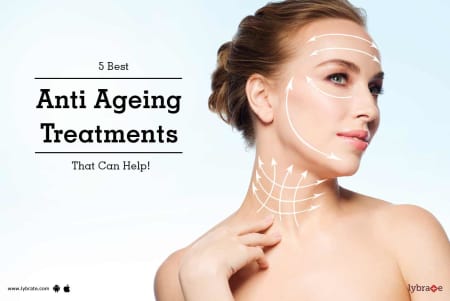
The best anti-aging treatment for you will depend on your individual needs and concerns. However, some of the most effective anti-aging treatments include:
- Sunscreen: Sunscreen is the most important anti-aging product you can use. It protects your skin from the sun’s harmful UV rays, which can cause premature aging such as wrinkles, age spots, and skin cancer.
- Retinoids: Retinoids are a type of vitamin A that can help to reduce the appearance of wrinkles, fine lines, and age spots. They can also help to improve skin texture and tone.
- Antioxidants: Antioxidants help to protect your skin from damage caused by free radicals. Free radicals are unstable molecules that can damage cells, leading to premature aging. Some good sources of antioxidants for the skin include vitamin C, vitamin E, and green tea.
- Alpha hydroxy acids (AHAs): AHAs are a type of acid that can help to remove dead skin cells from the surface of the skin. This can help to improve skin texture and tone, and can also reduce the appearance of wrinkles and fine lines.
- Beta hydroxy acids (BHAs): BHAs are another type of acid that can help to remove dead skin cells from the surface of the skin. They can also help to unclog pores and reduce breakouts.
In addition to these topical treatments, there are also a number of in-office anti-aging treatments available. These treatments can be more expensive than topical treatments, but they can also be more effective. Some popular in-office anti-aging treatments include:
- Botox: Botox is a neurotoxin that is injected into the muscles to reduce wrinkles and fine lines.
- Dermal fillers: Dermal fillers are injected into the skin to add volume and reduce wrinkles.
- Laser skin resurfacing: Laser skin resurfacing uses lasers to remove the top layer of the skin, revealing new, younger-looking skin underneath.
- Chemical peels: Chemical peels use acids to remove the top layer of the skin, revealing new, younger-looking skin underneath.

Here are some of the most notable anti-aging treatments:
- Retinoids (including Retinol):
- What it does: Promotes collagen production, speeds up cell turnover, and reduces fine lines and wrinkles.
- Application: Available in over-the-counter products and stronger, prescription-strength formulations like tretinoin.
- Sunscreen:
- What it does: Protects the skin from the aging effects of UV radiation.
- Application: Should be broad-spectrum, with at least SPF 30, and applied daily.
- Chemical Peels:
- What it does: Removes the top layer of skin to reveal fresher, younger-looking skin underneath.
- Application: Strength varies, from mild over-the-counter options to deep peels administered by professionals.
- Laser Treatments (e.g., Fraxel, IPL):
- What it does: Promotes collagen production, reduces pigmentation, and can treat a variety of skin issues.
- Application: Administered by professionals; may require multiple sessions.
- Botox and Dysport:
- What it does: Temporarily paralyzes muscles, smoothing out wrinkles and preventing the formation of new ones.
- Application: Injections administered by trained professionals; effects last several months.
- Dermal Fillers (e.g., Juvederm, Restylane):
- What it does: Adds volume to the face, smoothing out wrinkles and restoring a youthful appearance.
- Application: Injections administered by professionals; results can last several months to a couple of years, depending on the product.
- Microneedling:
- What it does: Creates micro-injuries in the skin to stimulate collagen and elastin production.
- Application: Can be done at home with derma rollers (caution advised) or professionally with devices like the Dermapen.
- Hyaluronic Acid:
- What it does: Hydrates and plumps the skin.
- Application: Available in serums, creams, and injectable fillers.
- Antioxidants (e.g., Vitamin C, E, Ferulic acid):
- What it does: Protects skin from damage by free radicals and UV radiation.
- Application: Available in various skincare products.
- Radiofrequency Treatments:
- What it does: Heats the deeper layers of skin to promote collagen production.
- Application: Administered by professionals; devices like Thermage are popular.
Best Anti-Aging Treatment Foods

The following foods are some of the best anti-aging treatment foods:
- Fruits and vegetables: Fruits and vegetables are packed with antioxidants, which can help to protect your cells from damage caused by free radicals. Free radicals are unstable molecules that can contribute to premature aging. Some good sources of antioxidants for the skin include berries, tomatoes, leafy green vegetables, and sweet potatoes.
- Whole grains: Whole grains are a good source of fiber, which can help to keep your skin hydrated and plump. Fiber can also help to regulate your blood sugar levels, which can improve your overall health and well-being.
- Lean protein: Lean protein is essential for building and repairing tissues, including your skin. Good sources of lean protein include chicken, fish, beans, and lentils.
- Omega-3 fatty acids: Omega-3 fatty acids can help to reduce inflammation and improve skin hydration. Good sources of omega-3 fatty acids include salmon, tuna, mackerel, and walnuts.
- Nuts and seeds: Nuts and seeds are a good source of protein, fiber, and healthy fats. They are also a good source of vitamin E, which is an antioxidant that can help to protect your skin from damage.
- Water: Water is essential for keeping your skin hydrated and plump. Aim to drink at least eight glasses of water per day.
Best Anti-Aging Treatment Herbs

Various herbs have been traditionally used for their anti-aging properties. While some have undergone scientific studies supporting their benefits, others have been passed down through generations in various cultures. Here are some herbs commonly hailed for their potential anti-aging benefits:
- Ginseng:
- Benefits: Known to boost energy, strengthen the immune system, and reduce stress. Korean red ginseng, in particular, has been studied for its potential anti-wrinkle benefits.
- Gotu Kola (Centella Asiatica):
- Benefits: Used in traditional Ayurvedic and Chinese medicine, it’s believed to promote collagen production and improve skin elasticity.
- Ginkgo Biloba:
- Benefits: Possesses strong antioxidant properties which can protect the skin from free radicals and reduce signs of aging.
- Turmeric (Curcuma longa):
- Benefits: Contains curcumin, a powerful antioxidant and anti-inflammatory compound. It helps in reducing damage from free radicals and inflammation, both of which can cause premature aging.
- Green Tea (Camellia sinensis):
- Benefits: Rich in polyphenols and catechins, green tea has potent antioxidant properties which help prevent oxidative stress in cells, reducing the aging process.
- Aloe Vera:
- Benefits: Besides its soothing properties, aloe vera is also believed to stimulate collagen production, leading to more youthful skin.
- Ashwagandha:
- Benefits: An adaptogen that helps the body manage stress and balance hormones. Chronic stress can accelerate the aging process, making ashwagandha beneficial in anti-aging regimens.
- Holy Basil (Tulsi):
- Benefits: Another adaptogen that helps combat stress, inflammation, and balances hormones.
- Rosemary:
- Benefits: Contains antioxidants that combat free radicals. It’s also believed to support brain health and improve circulation.
- Licorice Root:
- Benefits: Known to brighten the skin, it can also reduce the appearance of dark spots and hyperpigmentation.
- Rhodiola:
- Benefits: An adaptogenic herb that supports the body’s stress response, potentially helping to slow the aging process.
Good Daily Habits for Anti-Aging

- Get enough sleep: When you don’t get enough sleep, your body produces more of the stress hormone cortisol. Cortisol can break down collagen, which is a protein that helps to keep your skin firm and elastic. Aim for 7-8 hours of sleep per night.
- Manage stress: Stress can also contribute to premature aging. Find healthy ways to manage stress, such as exercise, yoga, or meditation.
- Avoid smoking and excessive alcohol consumption: Smoking and excessive alcohol consumption can damage your skin and lead to premature aging.
- Protect your skin from the sun: Sun exposure is the leading cause of premature aging. Wear sunscreen every day, even on cloudy days.
Best Anti-Aging Treatment Excercise

The best anti-aging exercise is one that is regular and consistent, and that challenges your body in a variety of ways. Some good anti-aging exercises include:
- Cardio: Cardio exercise helps to improve your cardiovascular health, which is important for overall health and well-being. It can also help to reduce inflammation, which can contribute to premature aging. Good examples of cardio exercise include running, biking, swimming, and dancing.
- Strength training: Strength training helps to build and maintain muscle mass. Muscle mass is important for maintaining a healthy weight and for reducing the risk of chronic diseases. It can also help to improve skin tone and texture. Good examples of strength training exercises include lifting weights, using resistance bands, and doing bodyweight exercises such as push-ups and pull-ups.
- Flexibility exercises: Flexibility exercises help to improve your range of motion and reduce the risk of injuries. Good examples of flexibility exercises include yoga, Pilates, and stretching.
In addition to these specific exercises, it is also important to get regular physical activity. Aim for at least 30 minutes of moderate-intensity exercise most days of the week.
Here is a sample anti-aging workout plan:
- Warm-up: Start with a 5-10 minute warm-up, such as walking or jogging.
- Cardio: Do 20-30 minutes of cardio exercise, such as running, biking, swimming, or dancing.
- Strength training: Do 2-3 sets of 10-12 repetitions of each strength training exercise.
- Cool-down: Finish with a 5-10 minute cool-down, such as stretching.
